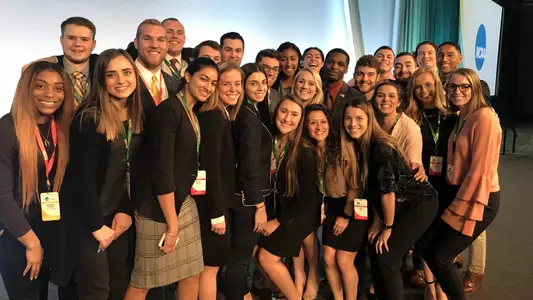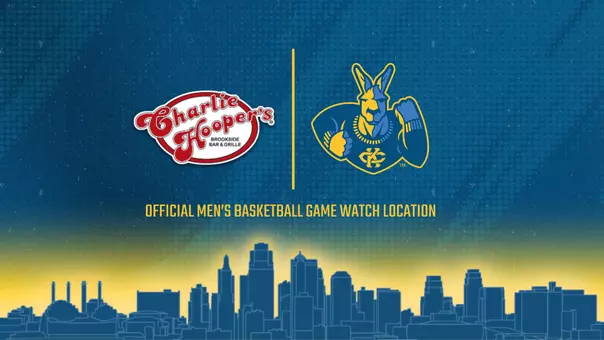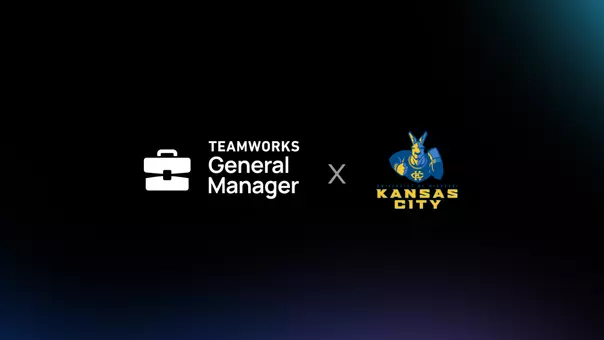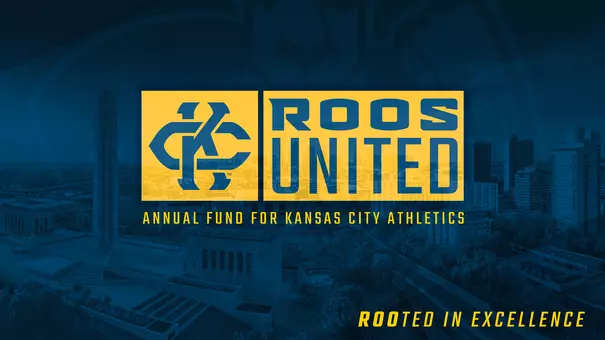
2019 Student-Athlete Advisory Committee Recap at NCAA Convention
1/28/2019 4:23:00 PM | General, Academic Support, Athletics
Story by Noah Knight, SAAC President, UMKC alum and former men's basketball student-athlete
ORLANDO – This past week (week of Jan. 21st) at the 2019 NCAA Convention in Orlando, Fla., the NCAA Division I Student-Athlete Advisory Committee (SAAC) set the stage for the upcoming year. Throughout divisional forums and joint meetings with NCAA executives, university presidents, and athletic administrators, the Division I National SAAC presented their upcoming priorities for the 2019-20 academic year:
- Diversity and Inclusion
- Student-Athlete Health and Welfare
- Examination of the Collegiate Model in the 21st Century
In creating the priority areas, it was noted that Diversity and Inclusion along with Student-Athlete Health and Welfare are on-going focal points for the Division I National SAAC. There is still work to be done in these categories, hence they are listed as priorities. In the examination of the Collegiate Model in the 21st Century, the Student-Athlete Advisory Committee will delve deeper into best practices for student-athletes in professional development and assess entrepreneurship in the context of amateurism.
The Division I National SAAC heard from the primary NCAA liaison to the Committee on Academics (COA) as the transfer discussion continues. Currently, the COA is inquiring feedback from the membership in regards to the academic requirements of post-graduate transfer student-athletes. The committee came to an overwhelming consensus that transfer, post-graduate student-athletes should have the same academic flexibility as post-graduates that decide to remain at their baccalaureate institution to complete eligibility (i.e. the pursuance of a second bachelor's degree, minor, certificate, etc.). The Division I SAAC also noted, in the spirit of professional development, internship opportunities should be explored for post-graduate student-athletes while completing their eligibility to help best prepare them for life after sport.
Stemming from the Commission on College Basketball Report, the Board of Directors and Division I Council were updated with nuanced coach expectations. The Board believes more work can be done to develop behavioral expectations, consistent with the Board's strategic areas of emphasis. The Board noted an interest in examining expectations for coaches and administrators (i.e. explicit language/physicality of coaches and administrators during competition).
A win in the mental health space comes from the PAC 12, who presented an Autonomy proposal requiring all (Autonomy 5 institutions) “to make mental health services and resources available through the athletics department or the school's health services or counseling services department.” In addition, schools must distribute to student-athletes mental health educational materials and resources, including a guide to the mental health services and resources available at the school and information about how to access them”. (Read more about this proposal) There is hope that this proposal will find its way to all 32 conferences and their respective institutions.
This past year, the Division I National SAAC engaged hundreds of institutions through our Mental Health Awareness: “Break the Stigma” video contest, the Diversity and Inclusion Social Media Campaign, and individual initiatives started by members of the Division I SAAC such as #POW6RFULMINDS and #DAMWorthIt. Spearheaded by Division I SAAC members Noah Knight and Nicholas Clark, the committee created educational material to assist student-athletes in navigating the Notification of Transfer, new transfer legislation that took effect on October 15, 2018. In this term, the committee made significant strides in the realms of early recruiting and educational plans for student-athletes in respect to the sweeping sports wagering issue, nevertheless, there is still work to be done.
Finally, a new leadership team was selected to guide the NCAA Division I Student-Athlete Advisory Committee into the next academic year. I am without doubt, that this committee will continue to create impactful change, picking up where our term-ending members have left, only to take the Division I SAAC to new heights and help shape the association to best benefit all student-athletes.




